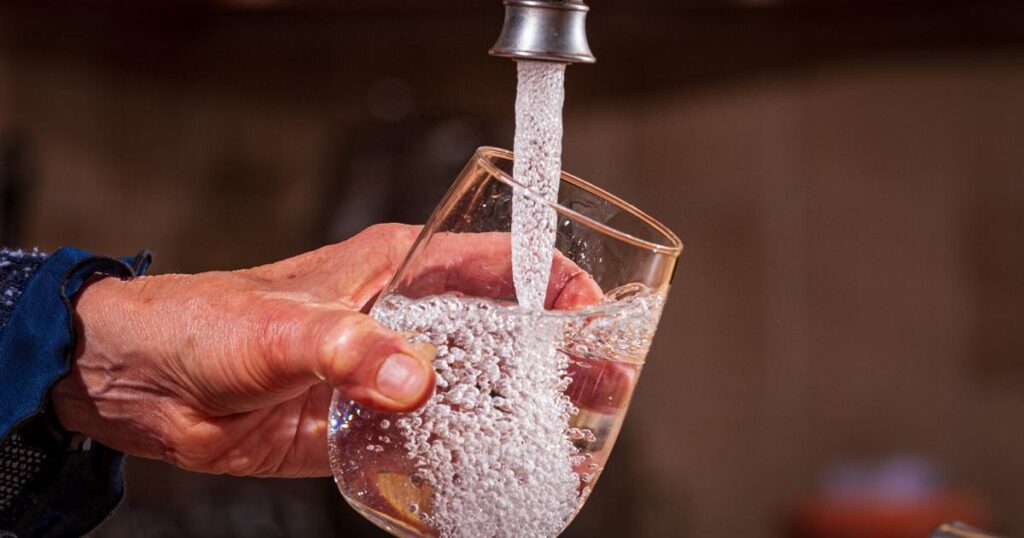
(The Center Square) – A water, land and wildlife advocate says a new law restricting carbon sequestration will protect most of the Mahomet Aquifer.
One of 124 bills Gov. J.B. Pritzker signed last Friday, Senate Bill 1723 is slated to take effect Jan. 1.
Prairie Rivers Network Climate Policy Director Andrew Rehn supported the measure to protect the drinking-water source for nearly a million people in Central Illinois.
“The recharge areas were not included, and that’s a loss. It’s not perfect in that way, but it is protecting the vast majority of the aquifer in a way that I think is really impactful and substantial,” Rehn told The Center Square.
The new law also provides for the formation of a task force to study risks to the aquifer.
In collaboration with the Prairie Research Institute at the University of Illinois Urbana-Champaign, The Mahomet Aquifer Advisory Study Commission will be expected to provide a report on carbon capture and storage (CCS) by the end of 2030.
Rehn said five years is a tight time frame to review risks.
“Our push for this legislation was that we are scaling up CCS in a massive way and we are proposing to do that in an experiment under our aquifer, and that just doesn’t make sense,” Rehn explained. “At the rate and scale at which these things move, five years isn’t enough to learn what some of these other large-scale projects that are going online, to learn how they’re operating and to run into any possible mistakes they’re going to have.”
Two leaks were detected at Archer Daniels Midland’s carbon capture facility in Decatur last year.
State Rep. Carol Ammons, D-Urbana, sponsored the House version of SB 1723. Ammons was asked about the advisory commission on the Illinois House floor May 20.
“There’s appointments that are made by the governor as well as the House and the Senate to include community members as well on this task force,” Ammons said.
A bill to protect a large source of drinking water in Illinois from carbon sequestration is headed to the governor.
BlueRoomStream
The law provides that the director of the Illinois Environmental Protection Agency shall call the advisory commission’s first meeting no later than 90 days after the law takes effect.
State Rep. Brandun Schweizer, R-Danville, spoke in favor of the bill and said a lot of constituents have concerns about sequestering.
“I know it’s relatively local to Central Illinois, but it also affects Greater Illinois if something were to happen to that aquifer,” Schweizer said.
State Sen. Chapin Rose, R-Mahomet, filed Senate Bill 3963 in July of 2024 to ban carbon sequestration under the federally-designated “sole source” Mahomet Aquifer last summer following Pritzker’s signing of Senate Bill 1289, which allowed carbon sequestration under the aquifer.
“This is a long-overdue win for the people of central Illinois who fought tirelessly to protect our clean water. While I’m frustrated it took the governor this long to do the right thing, I’m grateful he finally heard the message loud and clear — Central Illinois will not be a dumping ground for risky carbon experiments,” Rose said in a statement.
In 2015, the Environmental Protection Agency designated a portion of the Mahomet Aquifer system in east-central Illinois as a sole source aquifer. More than half of the population in east-central Illinois relies on the system as a source of drinking water.
The Safe Drinking Water Act gives the EPA authority to designate all or part of an aquifer as a “sole source” if contamination of the aquifer would create a significant hazard to public health and there are no physically available or economically-feasible alternative sources of drinking water to serve the population that relies on the aquifer.





